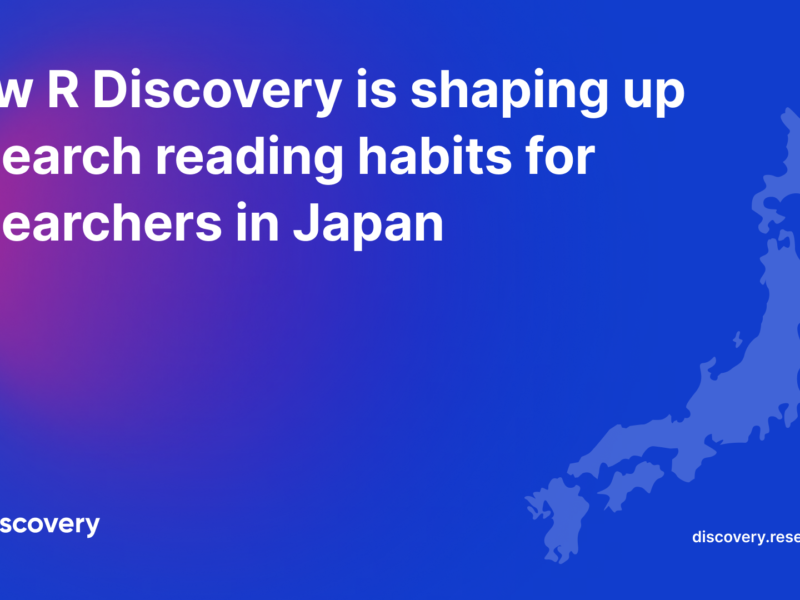
Deciding to pursue a PhD is a significant decision one takes for his/her career. And before starting on the doctoral journey, one needs to consider many factors like identifying their research topic, choosing the right university and department, and most importantly, knowing how to find a research supervisor who will be able to guide you in the right manner. The right PhD supervisor can strongly influence the success and quality of your degree and consequently, makes a significant impact on your academic career. Therefore, it is crucial to ensure that you know how to find a research supervisor for your PhD program.
Why a good supervisor is an invaluable asset
Obtaining a PhD is not easy and is often fraught with challenges. Hence, finding a research supervisor who will support you when your experiments fail, encourage you when you are plagued with self-doubt and guide you towards successfully presenting your thesis is vital. The roles and responsibilities of a research supervisor are to guide you through your research journey, and there are many ways they can help you do so. They can:
- help you refine your research ideas
- identify the knowledge gaps in the field of study and guide you through difficulties
- offer valuable insights and provide advice on the most effective research methodologies to use.
- help you to develop necessary research skills such as, critical thinking, analysis, and interpretation to conduct a successful research project.
- offer you emotional and academic support in the ups and downs of your doctoral journey.
Hence, it is very critical to spend time finding a PhD supervisor who will be a great fit for your research project.
How to find a research supervisor that fits your needs
There are certain qualities of a good research supervisor that you will have to look for, in your own supervisor. Here are some basic things you should look for.
Choose an expert in your subject area: One of the most critical factors to consider when choosing a PhD supervisor is their research expertise. A good place to start your search for a good PhD supervisor would be the faculty profiles of universities and research institutes. Look for faculty members who have focused expertise in your research field and whose research interests align with your own. An ideal PhD supervisor must be someone who has authored a good number of articles, chapters, and books. This indicates that your supervisor is up-to-date on recent developments in your field and can provide you with the guidance and support you will need to write your thesis.
Look for someone whose mentoring methods match your learning style: If you are thinking about the questions to ask research supervisors, ask them about their mentoring style. Take time to learn as much as possible about them, ask them questions especially about their thought process, past work, and current projects. Also, try to understand the proposed supervisor’s mentoring style and ensure that it matches your learning style and preferences.
Consider personality traits and communication abilities: A PhD supervisor who is supportive, approachable, and possesses good communication skills can make a significant difference in your doctoral journey. While some supervisors can be hands-off and may offer minimal guidance, there are others who are more involved and will provide detailed feedback and guidance when required. You want to find a PhD supervisor who is easy to talk to, listens to your concerns and questions, and is respectful of your ideas and opinions.
Evaluate the success of past students and ask for feedback: Check the track record of your proposed PhD supervisor. Find their previous students and see if they were able to complete their PhD on time. Were they able to publish in top-tier journals? Were they successful in securing academic positions? Answers to these questions will help you determine if they are a good fit for you. You can also talk to other students and faculty members in your department to get recommendations and insights into different supervisors.
Remember, finding the right supervisor goes beyond their reputation or academic achievements. It is essential to assess their mentoring style, availability, and willingness to invest in your growth as a researcher. A supportive and collaborative supervisor can provide invaluable guidance, enhance your research skills, and open doors to new opportunities.
Choose wisely, collaborate closely, and let your research thrive under the guidance of a supportive and knowledgeable supervisor.


